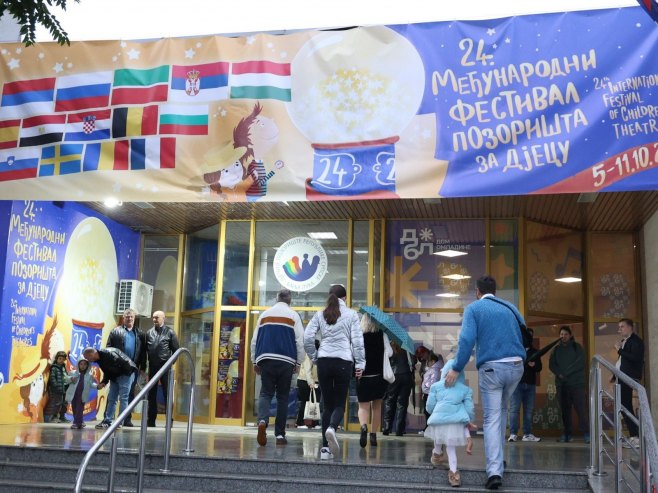At the beginning of this month, the publishing house “Besjeda,” as part of its “Atribut” edition, released two noteworthy classic titles: Tales of a Corporal by the great Branislav Nušić and Kob, a collection of poetry by Svetislav Stefanović.
The first edition of Nušić’s Tales of a Corporal, written in a camp during the armistice after the Serbo-Bulgarian War, was published immediately after the peace agreement in 1886. It contained nine stories: Brother’s Shirt, Under the Tent, The First Volley, The Abandoned Hearth, At the Dressing Station, On the Battlefield, Dunja, My Student, On Leave. In the second edition, published in 1895 in Sremski Karlovci, Nušić added eleven (or, more precisely, twelve) more stories: The Call, Farewell, God’s Little Birds, Captain Milić, The Bugler, The White Flag, Saint Archangel Michael, Who’s There?, Petar Dabić, The Overcoat, Number 23, and The Funeral Procession.
Milan Milošević, the editor of the “Atribut” edition, stated that many publishers in the region cannot afford the luxury of releasing works that are not currently in fashion or at the center of public interest on a global level. This, he says, is one of the reasons why “Besjeda” launched the “Atribut” series.
“For years, ‘Besjeda’ has been proving itself to lovers of literature through the ‘Atribut’ library, offering titles by eminent authors whose works have long disappeared from the shelves of even the most well-stocked bookstores. Why Nušić? The answer is simple—why not? This giant of our literature remains relevant and present in the public sphere. Almost half of his entire opus is readily available in bookstores, even those with limited stock. However, Tales of a Corporal is one of his lesser-known works, a collection of stories that represents the forging of a literary talent like Nušić’s. The adventures and misfortunes of soldiers in the Serbo-Bulgarian War may not bring laughter to readers, but they will undoubtedly leave an impression. There can never be enough powerful anti-war messages, just as we can never learn enough from historical mistakes. In this collection, these messages are presented through charming sketches, subtly yet effectively,” Milošević explained.
The second book is a collection of poems by Svetislav Stefanović, a poet, translator, and medical professional who wrote in the period immediately before World War I and between the two world wars. Despite being a remarkable author, Milošević points out that Stefanović has been largely omitted from school textbooks and literary overviews of interwar literature, solely due to his collaborationist role during the occupation of Serbia.
“In terms of form and thought, Stefanović stood shoulder to shoulder with Dučić, Rakić, Šantić, and Pandurović, yet fate was not as kind to him as it was to them. Kob is, in fact, a completed project by Novi Sad poet Rastko Lončar (the editor), and within the covers of this extensive book (540 pages), all the poems this overlooked writer published during his lifetime have been collected. It was an honor for ‘Besjeda’ to put its stamp on this unique endeavor and be the first to publish the collected poems of Svetislav Stefanović. I must emphasize that this project has no rehabilitative agenda; rather, the publication of Kob was a duty for all cultural enthusiasts, even those far more renowned in the publishing world than ‘Besjeda,'” Milošević noted.
A testimony
Although best known as a playwright, primarily for his comedies, Nušić’s collection of war memories clearly reflected, as he himself emphasized, his intent to create a novelistic work that would serve as a testimony to a historical event.
“Tales of a Corporal are not, in any sense, mere tales. They are fragmented, scattered pages from something that was conceived on a much larger scale. And this is evident within them. I had thought about writing a novel. The material seemed extremely rich to me—two fraternal nations, bound to work together and nurture a sense of brotherhood, standing against each other in a bloody war. Politics, whether higher or lower, had driven them apart, and they fought because of this politics, which they themselves did not even understand. They fought, but they did not hate each other,” Nušić wrote.
Source: Glas Srpske








